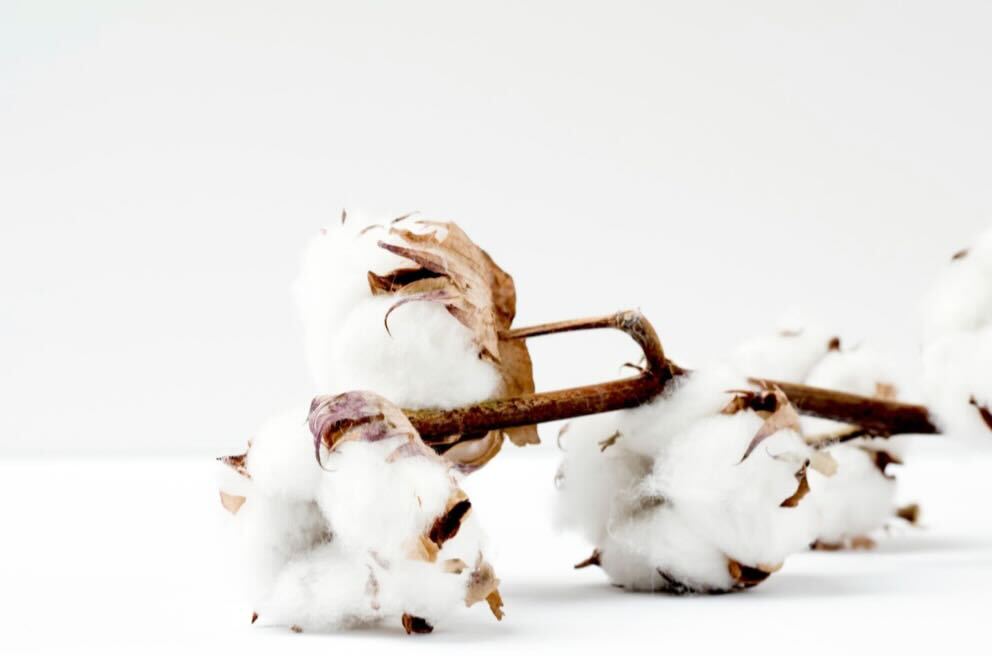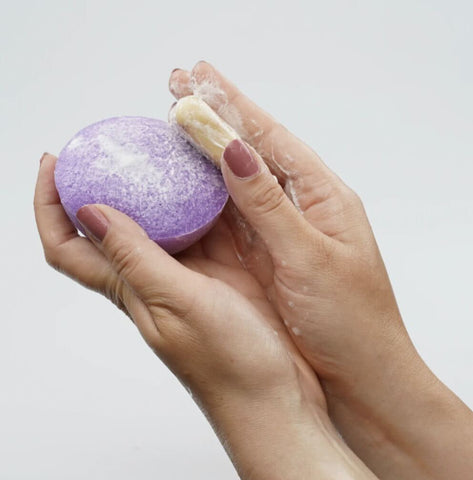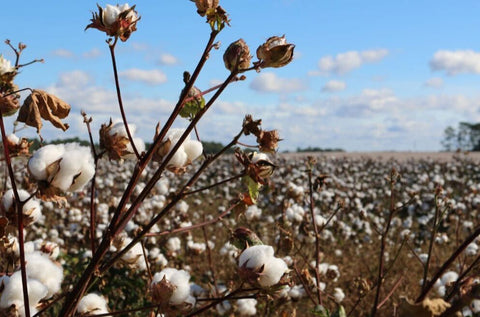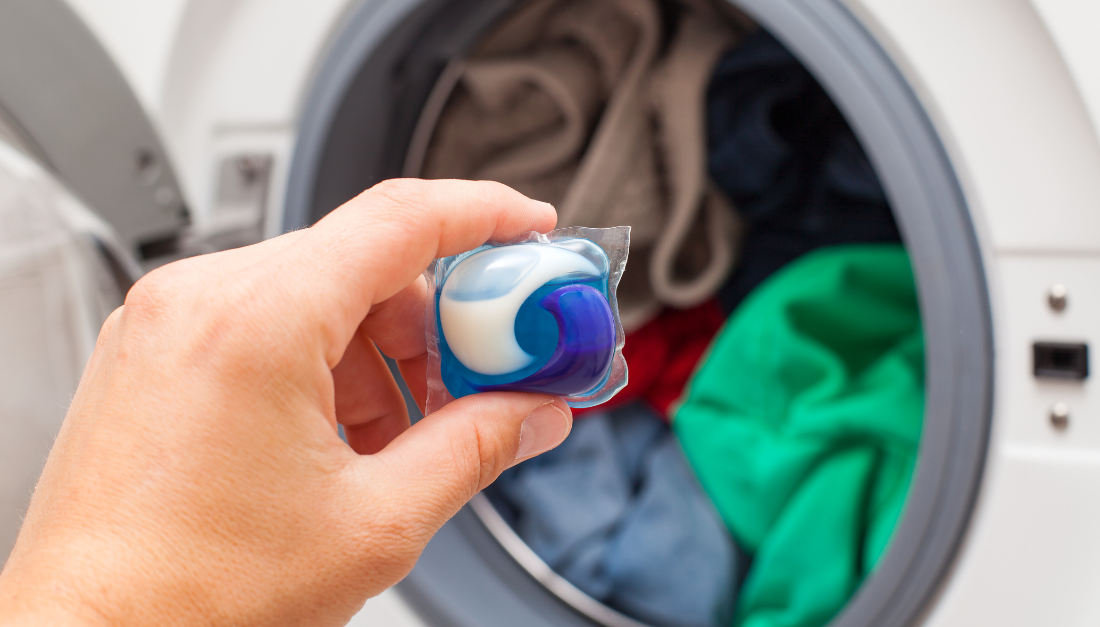
Our Materials
People around the globe are concerned about the future of our environment and find ways to avoid hazardous products and ingredients. It’s important that our customers know about the materials that make up our products and why they are the most beneficial for themselves and the planet. Here’s an in-depth look at “Our Materials”:
Bamboo
Bamboo is literally a superplant! It is one of the fastest-growing plants and even generates 35% more oxygen than trees. Toothbrushes made from bamboo are eco-friendly, sustainable, aesthetic, and preserve oral hygiene. They break down in compost within a couple of weeks. Hence, they provide good value to their users as well as nature.

How is Bamboo Grown?
The growth of bamboo is different from other wood. Bamboo plants grow quickly and naturally. There is no requirement for using artificial chemicals such as pesticides. On top of that, bamboo plants absorb more carbon dioxide than other plants and they produce 35% more oxygen.You can learn more about the life of a bamboo toothbrush from our blog.
Why Do We Use Bamboo for Our Toothbrushes?
The use of plastic in our daily lives has created a disposable lifestyle and a major plastic pollution issue. Annually, 1 Billion plastic toothbrushes are thrown away in the United States. This makes additional waste of 50 Million pounds in the landfills.
We can not sustain the purity of nature until we start using earth-friendly products which is why bamboo toothbrushes are a great solution to avoid this threatening situation. The handle part of our bamboo toothbrushes is 100% biodegradable, so you can put it into your compost instead of throwing it away, or reuse it in your backyard as a plant stake. With all of the benefits of a bamboo toothbrush, this makes it the best alternative to plastic.
Clays
Clays are naturally rich in magnesium, calcium and potassium. When certain clays are absorbed onto the scalp, it creates a stronger follicle base and sleeker, softer hair. The colors in the clays we use are also 100% natural with no added dyes. Additionally, clay is more beneficial than using mica, which can be found in many shampoo and conditioner bars. While mica is not bad for the environment, natural micas have historically been tied to child labor.
Moroccan Lava Clay
Moroccan Lava Clay is also known as rhassoul clay and comes from Morocco. This clay is used for skin, hair, and beauty care products. It acts as an exfoliant creating better circulation to increase hair growth, cleanses impurities and binds to excess oil while also conditioning and adding volume. Use of this clay dates back to the 8th century and is still used today in Northern Africa in Moroccan hammams and Turkish baths. Moroccan lava clay is used in our oil detox shampoo and conditioner bars.
French Green Clay
French Green Clay is green due to its combination of iron oxides and decomposed matter which is typically algae or chlorophyll. It is considered to be more valuable when the more vibrant green the clay is. The ancient civilizations of Greece, Rome, and Egypt used green French Clay to address disorders of the skin. Today we know that Green clay's moisturizing, conditioning, and nourishing properties rid the hair and scalp of any excess toxins. French green clay is found in our volumizing shampoo and conditioner bars.
Konjac
The root of a konjac plant is used in our konjac sponges. Konjac is a coarse vegetable that grows in Asia. This plant also has many health benefits which is why it has been used in food and medicine for many years.
Why Do We Use Konjac?
Sponges made from natural konjac roots were first created to clean baby skin. Therefore, they are a much gentler way to exfoliate dead or dry skin rather than using harsher tools such as brushes or scrubs.

Polyvinyl Alcohol
Polyvinyl alcohol (PVA or PVOH) is a synthetic polymer that completely dissolves in water. It is commonly found in everyday items that range from laundry detergent to eye drops.
Why Do We Use Polyvinyl Alcohol?
We use polyvinyl alcohol in our Laundry Detergent Sheets. This ingredient is a non-toxic, colorless and odorless biodegradable polymer that is safe to use and safe to consume. The polyvinyl alcohol film mixes well with water since PVA is water-soluble and biodegradable.
Polyvinyl alcohol is created to be completely biodegradable. It dissolves in the wash and flows with the waste water down the drains. According to the American Cleaning Institute, at least 60% of PVA film biodegrades within 28 days of dissolving with about 100% of the film biodegrading in 90 days or less. You can learn more about polyvinyl alcohol from our blog.
Undyed Kraft Paper
Using undyed kraft paper is a modern packaging technique that is more climate-friendly than any other plastic packaging.
Why Do We Use Undyed Kraft Paper for Packaging?
Many of the landfill wastes are associated with plastic packaging. Plastic packaging is extremely harmful and impacts the earth's ecosystem. However, all of our packaging and shipping mailers are sustainable and use undyed kraft paper.
How is Kraft Paper Made?
Similar to the paper production methods, kraft paper is made using the kraft process. By which, 100% biodegradable wood is converted into wood pulp.
There are two structural components of wood: lignin, and cellulose. Since lignin doesn’t play any part in creating good quality kraft paper, it is eliminated from the cellulose. The pulp is then screened to remove any larger pieces of wood chips. After washing, the product is ready to be formed into kraft paper.
Non-toxic paint
Non-toxic paints have little to no volatile organic compounds (VOC).
Why Do We Use Non-toxic paint?
Toxic paints emit a harmful number of VOCs and pollute our environment. Non-toxic paints benefit both people and the planet since they don’t irritate those with allergies or chemical sensitivites. Additionally, the low VOC produces much less waste and damage. This is why we only use non-toxic paints that are made from natural resources.
How Non-toxic Paints are Made?
Non-toxic Paints are made from natural raw ingredients such as plant oils, plant dyes, essential oils, and water. These paints are considered safest for the environment.
DuPont Nylon Bristles
DuPont nylon bristles are an innovative and sustainable bio-based plastic.This material is the most effective and environmentally friendly option for toothbrush bristles to date.
Are DuPont Nylon Bristles Compostable?
Nylon is a type of plastic and it is not compostable. There currently aren’t any dentist-approved compostable bristles, therefore nylon is used which is not biodegradable and needs to be disposed of in the trash.

Cotton
Using cotton as a material is an excellent choice when it comes to being environmentally friendly. Cotton is renewable, sustainable, and biodegradable.
How is Cotton Grown?
Cotton crops take 5-6 months to fully grow and it requires no-to-little pesticides. Specifically, our cotton grows under Ingested Pest Management (IPM). IPM is a method of growing cotton crops that decreases the use of pesticides by 60-80%. This study is confirmed by the farmers of India, as Asia is the hub of producing exceptional cotton.
As some of you may be aware of, there are a number of countries that still have labor issues within the cotton industry, including forced labor and child labor. It is important to us that we ensure our community that the cotton we source is ethical, as it is entirely sourced from the United States. The U.S cotton production is predominantly in Texas and other southern states and the U.S bans import of cotton from forced and child labor. Labor practices is in the U.S cotton industry are also protected by several regulations that include provisions for minimum wage, overtime pay, record keeping, child labor standards, migrant housing, access to uncontaminated water, protective equipment, and medical assistance be provided in case of emergency.

Why Do We Use Cotton for Our Hand Printed Bags?
Created by a woman artisan in India, our hand-printed cotton bags are made from renewable resources and are biodegradable. They are also durable and strong so that you can reuse them multiple times.
Besides being eco-friendly and durable, it also suits bamboo toothbrushes well. You can put the cotton bag of your bamboo toothbrush into the compost and expect to make it biodegrade in as little as a week but it usually takes about 5 months. As our cotton bags are all-natural, it may take less time than expected to decompose. They are biodegradable both aerobically (with oxygen) and anaerobically (without oxygen), which is why using cotton is best to carry your toothbrushes rather than a plastic box.
In conclusion
We want to modernize our ways without harming the environment. Our mission can only be achieved if we minimize harmful materials in our products to the best of our ability. This is why we pride ourselves on the extensive research we have done to make sure that the materials we use are the healthiest options for people and the planet.




Leave a comment
This site is protected by hCaptcha and the hCaptcha Privacy Policy and Terms of Service apply.